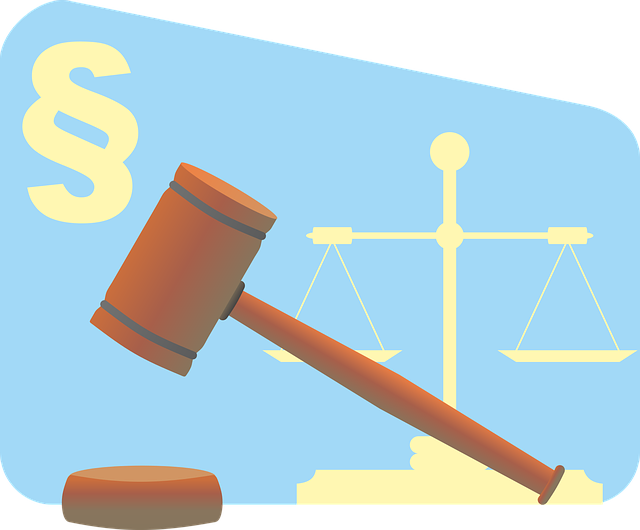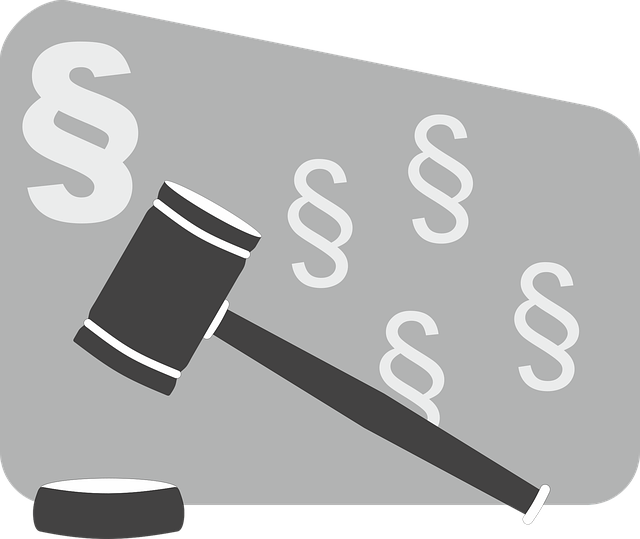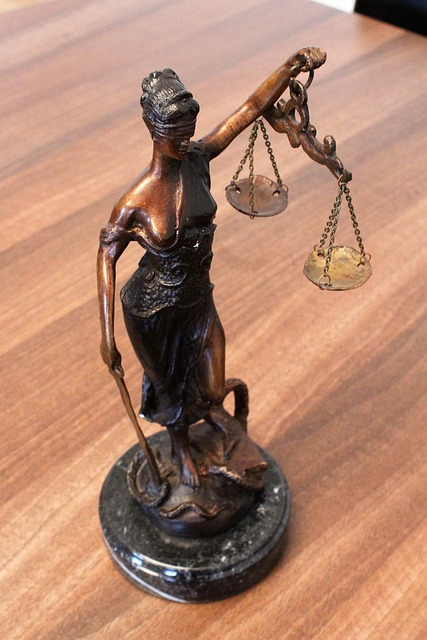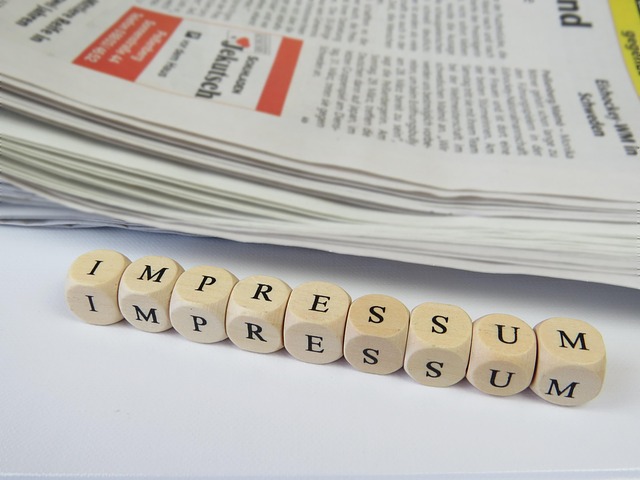Environmental Crime Trials leverage "Understanding Consumer Rights in Civil Litigation" to combat pollution, habitat destruction, and illegal dumping by holding businesses accountable. By empowering individuals and communities to seek redress, these trials deliver stringent justice, deterring environmental misconduct and fostering sustainable business practices. High-profile cases like ExxonMobil illustrate the impact of civil litigation in shaping corporate behavior and policy changes. Strengthening consumer protection within these trials is a priority, with philanthropic and political efforts driving progress through proactive initiatives and legal reforms, promising enhanced environmental protection and accountability for perpetrators.
Environmental Crime Trials: Unraveling Legal Mechanisms and Protecting Consumer Rights. In an era of escalating environmental concerns, understanding and prosecuting ecological crimes have become paramount. This article delves into the intricate world of environmental trials, exploring legal mechanisms defining these cases. We examine the connection between consumer rights and environmental harm, dissecting the role of civil litigation in holding corporations accountable. Through insightful case studies, we analyze notable trials and their impact, offering lessons learned to strengthen consumer protection measures for a sustainable future.
- Defining Environmental Crime Trials: Uncovering Legal Mechanisms
- Consumer Rights and Environmental Harm: A Connection Explored
- The Role of Civil Litigation in Holding Companies Accountable
- Case Studies: Notable Environmental Crime Trials and Their Impact
- Strengthening Consumer Protection: Lessons Learned and Future Prospects
Defining Environmental Crime Trials: Uncovering Legal Mechanisms
Environmental Crime Trials are legal proceedings that address violations of environmental laws and regulations. These trials uncover and penalize acts such as pollution, habitat destruction, and illegal dumping. Understanding Consumer Rights in Civil Litigation plays a crucial role here, as it empowers individuals and communities to hold perpetrators accountable through legal mechanisms. By exposing the harm caused by environmental crimes, these trials serve as deterrents, ensuring that businesses and corporations adhere to environmental standards.
In high-stakes cases involving corporate and individual clients, Environmental Crime Trials delve into complex issues of liability and responsibility. They involve detailed investigations, expert witnesses, and stringent legal arguments. The outcomes not only provide justice for affected parties but also shape future environmental practices, fostering a more sustainable and accountable business landscape.
Consumer Rights and Environmental Harm: A Connection Explored
In recent years, there’s been a growing recognition of the intricate connection between consumer rights and environmental harm. As civil litigation becomes increasingly focused on high-stakes cases, understanding the rights of consumers within this context is paramount. The relationship between what consumers buy and its environmental impact is becoming more apparent, leading to significant legal implications. When products cause or contribute to environmental damage, consumers may have recourse through jury trials, aiming for challenging defense verdicts.
This intersection has brought about a deeper exploration of how consumer rights can be enforced in cases where environmental harm occurs. Understanding these rights is crucial, especially when it comes to holding accountable those responsible for the production and distribution of harmful goods. With the increasing complexity of global supply chains and the growing awareness of sustainability issues, consumers are more empowered than ever to seek justice, ensuring they’re protected not just as buyers but also as stewards of the environment.
The Role of Civil Litigation in Holding Companies Accountable
In environmental crime trials, civil litigation plays a pivotal role in holding companies accountable for their actions that harm the environment and impact public health. Unlike general criminal defense strategies focused on achieving a complete dismissal of all charges, civil litigation empowers individuals and communities to seek redress and compensation for damages suffered. Understanding consumer rights within this context is essential, as it allows those affected by environmental misconduct to participate actively in the enforcement process.
Through civil lawsuits, victims can hold companies liable for their role in pollution, resource depletion, or other forms of ecological damage. This not only helps recover costs associated with remediation but also serves as a powerful deterrent, encouraging businesses to adhere to environmental regulations at all stages of the investigative and enforcement process. By leveraging civil litigation, communities can ensure that corporate accountability is a cornerstone of environmental protection efforts.
Case Studies: Notable Environmental Crime Trials and Their Impact
Environmental crime trials have served as a powerful tool for holding polluters accountable and protecting communities. Case studies like the one involving ExxonMobil and its role in the Exxon Valdez oil spill highlight the significant impact these lawsuits can have. By examining historical data, legal strategies, and public outcomes, we gain insights into how such trials not only seek justice but also shape corporate behavior and policy changes.
These high-profile cases, with their unprecedented track records in terms of damages awarded and corporate accountability, underscore the importance of understanding consumer rights in civil litigation. The success stories of environmental advocacy groups and plaintiffs’ attorneys have not only compensated affected communities but also deterred similar future misconduct, demonstrating that justice can be a formidable force against white-collar and economic crimes. This trend sets a precedent for ongoing efforts to protect our environment and ensure corporate responsibility.
Strengthening Consumer Protection: Lessons Learned and Future Prospects
In the realm of environmental crime trials, strengthening consumer protection is a pivotal aspect that has gained significant traction in recent years. By examining high-stakes cases and the strategies employed, we can glean valuable insights into achieving extraordinary results in civil litigation. Understanding Consumer Rights in Civil Litigation is essential to ensuring that individuals are equipped with the knowledge to assert their rights when facing environmental injustices.
The involvement of both the philanthropic and political communities has played a crucial role in fostering these developments. Through proactive initiatives and legal reforms, these entities have contributed to enhancing consumer protection frameworks. By learning from past successes and challenges, future prospects for environmental crime trials look promising, with a renewed focus on empowering consumers and holding perpetrators accountable.
Environmental crime trials play a pivotal role in upholding ecological balance and safeguarding consumer rights. By examining legal mechanisms, exploring connections between consumer harm and environmental degradation, and leveraging civil litigation, these trials hold corporations accountable for their actions. Notable case studies highlight significant impacts, offering valuable lessons for strengthening consumer protection. Understanding consumer rights within the context of civil litigation is essential for fostering a more sustainable future, where environmental justice and individual safeguards go hand in hand.






